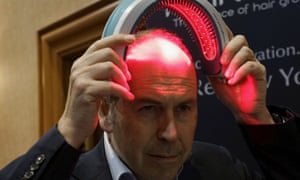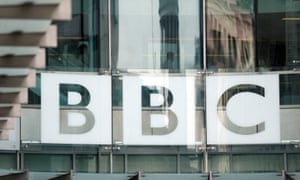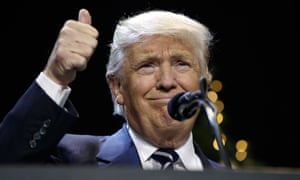Films
- Kidulthood
- Anuvahood
- Attack the Block
- Slumdog Millionaire
- Sunshine
TV programmes
- Top Boy
- The Kumars at No. 42
- Goodness Gracious Me
- Citizen Khan
- The Fresh Prince of Bel air
Online only productions
- Brothers With No Game
- Venus vs Mars
- The Ryan Sisters
- All About The McKenzies
- Meet the Adebanjos
Watch Destiny Ekaragha's clips above (more of her work is available on her website, including the short film The Park).
To what extent can we apply Alvarado's and Fanon's theories to these films? Do they reinforce or subvert typical black stereotypes in British film and TV? Refer to specific scenes and events in the clips in answering this question and aim for at least 350 words.
It can be argued that to some extent, Destiny Ekaragha's work both reinforces and subverts typical black stereotypes in British Film and TV. In the short film "Tight Jeans", Fanon's theory can be applied to the group of young males that are shown in the council estate as they are "essentialized". This is evident through the fact of the stereotypical language used by them and the stereotypical clothing such as baggie jeans and hoodies. This creates the ideology that all young black males have the "undifferentiated mass" and generic look to them which is seen consistently in communities and societies. However, it can be argued that the entire concept of the short film "Tight Jeans" aims to challenge the stereotypes of clothing and appearances amongst society of the specific way young people are perceived as they argue about the different types of tight clothing worn by people that are not black.
Furthermore, it can be argued that both "Gone Too Far" and "Tight Jeans" decivilize black youths by portraying them through specific stereotypes as violent and angry as theorised by Fanon. However, despite the young black population being generalised through stereotypes to be dangerous as theorised by Alvarado, it can also be argued that Ekaragha actually chooses to conform the theory that minorities such as black youths are stereotyped to be humorous and comedic which explains the comedic nature of her work. However, it can be argued that by conforming to these stereotypes of the theory, her work doesn't actually challenge stereotypes present in society but rather actually ends up reinforcing them as audiences continue to see black youths as comedians, sidekicks or rather the "brown clown" as they have to "put on a mask" in order to integrate within society.







